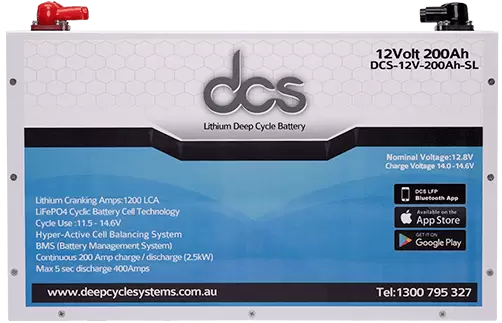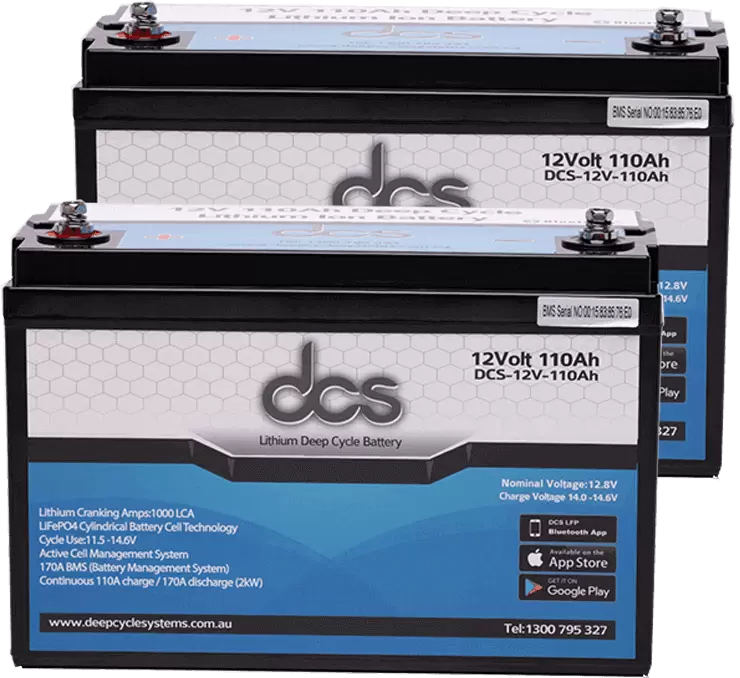Lithium is worth a look if you’re shopping for a new car battery. Lithium batteries can be used instead of lead-acid batteries, and they’re usually more efficient and last longer than their lead-acid counterparts. A lithium car battery is also lighter and more compact, which means that it can be used in various ways, from smartphones to electric cars.
High Energy Density
Lithium batteries have a high energy density, meaning they can store energy in a small space. It makes them the best option for electric cars and portable electronics like laptops and smartphones. Lithium batteries are also used in drones because they weigh less than other batteries and have more power.
The amount of time your lithium battery will last depends on how much it’s used. If you use your vehicle frequently and for long distances, you should expect your lithium batteries to last about five years. On the other hand, if you only drive short distances daily or don’t use your car very often, you can expect the battery to last up to ten years!
Long Service Life
Lithium batteries have a longer service life than lead-acid batteries and other types of batteries. How long lithium batteries last depends on the type of battery, but it’s generally longer than most other options. For example, lithium iron phosphate (LiFePO4) batteries can last up to 15 years in an electric car or scooter.
Lithium batteries are also more environmentally friendly than other types of batteries. Lithium-ion batteries can be recycled without disposing of toxic waste, which means they’re safer for the environment than lead-acid and nickel metal hydride (NiMH) batteries.
Lithium-ion batteries can last up to 15 years when used in an electric car or scooter, while lithium iron phosphate (LiFePO4) batteries can last up to 20 years. Lithium batteries are also more environmentally friendly than other types of batteries. Lithium-ion batteries can be recycled without disposing of toxic waste, which means they’re safer for the environment than lead-acid and nickel metal hydride (NiMH) batteries.
Light Weight
Lithium batteries are lighter than lead-acid batteries. Lithium cells are smaller, so they can be packed into a smaller space and still maintain the same amount of power. In other words, you can fit more lithium cells into your car’s engine compartment without worrying about it being too heavy for your vehicle to handle properly. With a lithium battery installed on your car, you won’t have to worry about time spent lugging around heavy lead-acid batteries anymore! The lithium-ion battery is the most common type of battery found in consumer electronics today because of its ability to hold a charge longer than other types of batteries.
It is because lithium ions are smaller and more efficient than lead ions. As a result, there’s less space for the battery to lose its charge over time. Another reason why lithium ion batteries last longer than other types of batteries is because they have a higher energy density. This means they can store more energy in a smaller space without losing their charge as quickly as other types of batteries.
High-Temperature Performance
The next thing you should know about lithium batteries is that they can operate in extreme temperatures. They can withstand heat, cold and freezing environments with ease. It makes them perfect for use in various climates and conditions. Not only do lithium batteries have high-temperature performance, but they also have low-temperature performance! You won’t need to worry about your car dying on you during those frigid winter mornings when your engine won’t start because of ice or snow buildup around your battery terminals!
Lithium batteries are also more efficient than lead-acid car batteries. It means they have a longer lifespan and can hold a charge for longer periods. It is especially important in cold weather situations. Lithium batteries also have a higher energy density than lead-acid batteries, so they can store more power and charge faster! This makes them ideal for use in electric cars.
There are a few things you should know about lithium batteries, however. First off, they are very expensive! Secondly, they cannot be recycled like lead acid batteries can. If your battery dies or stops working properly, it must be disposed of properly to prevent contamination from entering the environment. Lithium-ion batteries are more expensive than other car batteries, but you’ll save money in the long run because they last longer and don’t need to be replaced as often.
Lithium Camping Battery Is Energy Efficient
Lithium camping battery is energy efficient these batteries are more efficient than lead acid batteries and lithium ion batteries. In addition, lithium polymer and lithium iron phosphate batteries are also more efficient than lead acid ones. Lithium batteries are the safest batteries on Earth. They do not contain heavy metals such as lead or mercury and don’t explode when punctured or overcharged.
Lithium batteries are also lighter than lead-acid batteries, which means that they can be used in electric vehicles with minimal drag. It is a major plus because it allows people to drive their cars longer while still having plenty of power. These batteries have a longer lifespan than lead-acid ones. Lithium batteries can last up to 10 years if properly cared for. They also lose less control over time than lead acid batteries, so they don’t need to be recharged as often.
It Has a Longer Life Span
It would be best to choose lithium car batteries because they have a longer life span than lead-acid batteries. Lithium batteries can last up to 5 years, so you will only have to replace them sometimes. Additionally, these types of batteries do not require regular maintenance like lead-acid ones do; this means you won’t have to spend time or money taking care of your battery every month or so! Because lithium cells are reliable and last longer than other rechargeable cells (like nickel-metal hydride), they’re ideal for use in electric cars because they provide more power without overheating easily than their competition.
Lithium batteries are also used in portable electronics and other devices like laptops and phones. Lithium is an excellent choice if you’re looking for an eco-friendly battery for your computer or phone. These batteries are also less prone to overheating, which makes them safer in cars and laptops. They can be recharged at any time without damaging the battery cells.
Lithium Batteries Are Not Toxic and Safe For the Environment
Lithium batteries are not toxic and do not harm the environment. They are safe for humans, animals, and plants. Lithium batteries are recyclable and can be disposed of properly not to damage the environment. Because of these properties, lithium batteries have gained popularity over traditional lead acid or nickel-cadmium batteries.
Lithium batteries are also more efficient than traditional lead acid or nickel-cadmium batteries. It can help you save money on power, which is especially important for people driving long distances daily.
Lithium polymer batteries are lithium ion batteries that have a solid electrolyte. Lithium polymer batteries are used in devices with high power density, such as laptops and cell phones. They are lighter than traditional lithium-ion batteries and can be made into different shapes for specific applications.
Lithium Batteries Have Many Benefits over Standard Car Batteries
Lithium batteries are a newer and better kind of battery than lead acid. They have many benefits over standard car batteries. They are not toxic and safe for the environment. Lithium batteries are energy efficient so that you can drive more miles on a single charge than traditional lead-acid batteries.
A lithium battery has a longer life span than lead-acid, so you don’t have to replace it as often, and when you do, it won’t cost as much! Lithium batteries are also great for use in other vehicles, such as boats and motorcycles. Lithium batteries are also used in many different types of electronic devices. They are popular because they have a high energy density and can last longer than rechargeable batteries.
FAQS 1
Q: How long do I have to charge a lithium Car battery?
A: Lithium batteries have a charging time of about 4-8 hours, depending on the size of the battery and how much power it needs to hold. 2. How do I know if my lithium battery is fully charged? The best way to tell if your lithium battery is fully charged is by looking at its voltage. When it reaches 4V per cell, you can consider it full.
Q: Are lithium batteries still expensive?
A: Yes. Lithium batteries are more expensive than lead acid batteries, but this shows their quality and performance. In addition to being more powerful, they also last longer than standard car batteries. It makes them worth the extra investment for those who want to ensure their vehicles will run smoothly for years to come.
Q: Are lithium batteries safe for the environment?
A: Yes! Unlike lead acid batteries, which contain toxic chemicals like sulfuric acid and potassium hydroxide (which can leak out over time), lithium batteries have no harmful chemicals inside them. They’re completely non-toxic and environmentally friendly!
Conclusion
Lithium battery is energy efficient. It has a longer life span. Lithium batteries are not toxic and safe for the environment. Lithium batteries have many benefits over standard car batteries. They’re more efficient, lighter, longer lasting and safer for the environment. If you need a new battery for your car or camper and want to ensure it’s environmentally friendly, too, lithium batteries are the way to go!



